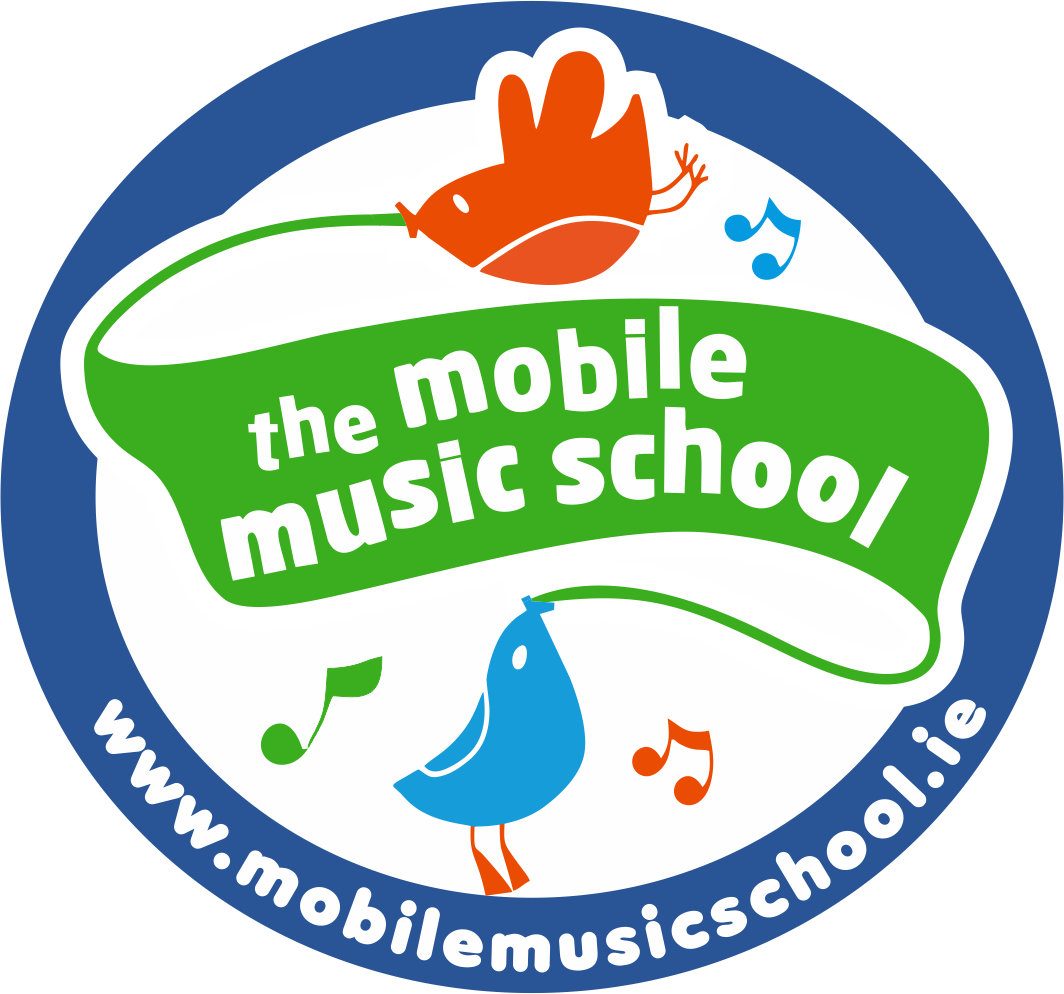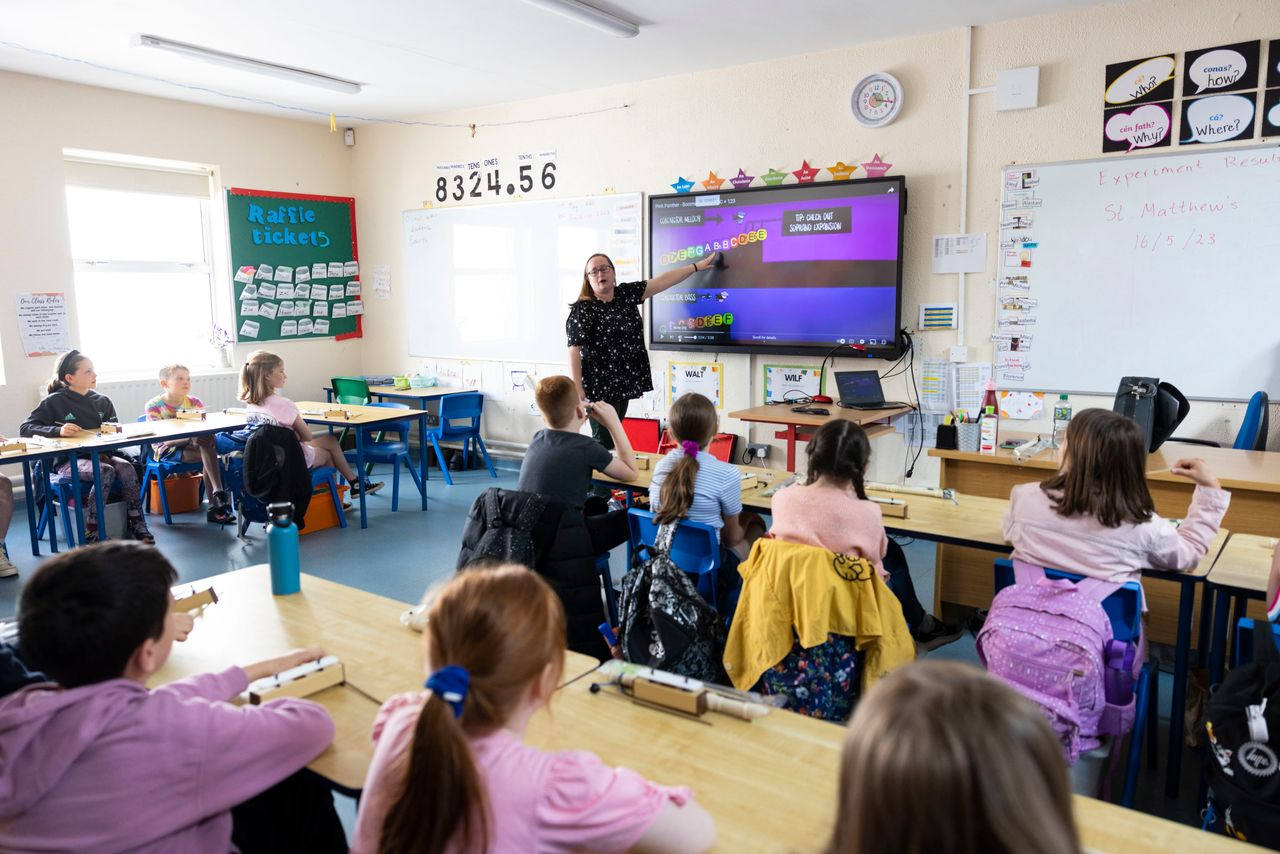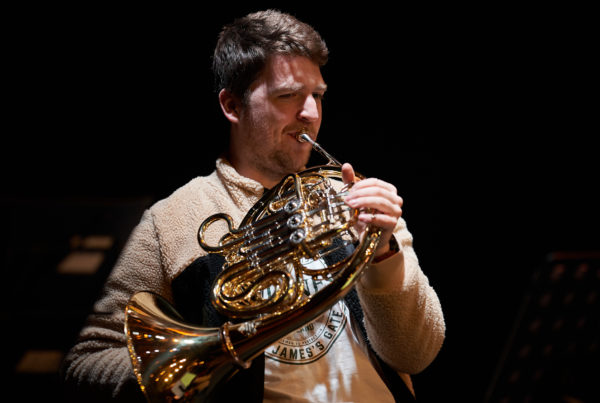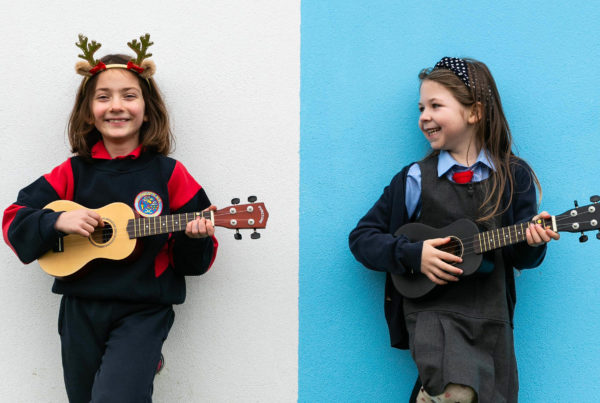Introduction
Choosing a music program for your school is an important decision that impacts your students’ educational experience and your school’s culture. With numerous options available, how do you select the program that best fits your school’s needs, budget, and educational goals?
After working with over 200 schools since 2011, we’ve learned what makes a music program truly effective. Here’s your comprehensive guide to making the right choice for your students.
1. Assess Your School’s Needs and Goals
Before evaluating programs, clarify what you want to achieve:
- Are you looking to supplement existing music education or provide a complete program?
- Do you want to focus on specific instruments, general musicianship, or both?
- What age groups will participate?
- How frequently do you want sessions—weekly, monthly, or as special workshops?
- What’s your budget and timeline?
Clear objectives help you evaluate which programs align with your priorities.
2. Verify Curriculum Alignment
A quality music program should complement your school’s educational curriculum. Look for programs that:
- Align with national curriculum standards for music education
- Integrate with other subject areas (literacy, mathematics, history)
- Provide age-appropriate content and progression
- Offer learning outcomes that can be assessed and measured
Ask potential providers how their program supports your broader educational goals.
3. Evaluate Instructor Qualifications and Experience
The quality of instruction makes or breaks a music program. Ensure instructors have:
- Relevant music education qualifications and certifications
- Experience working with your students’ age group
- Garda vetting and child safeguarding training
- Strong classroom management skills
- Enthusiasm and ability to engage students
Don’t hesitate to ask about instructor backgrounds and request references from other schools.
4. Consider Program Flexibility and Customization
Every school is unique. The right program should be flexible enough to accommodate your specific circumstances:
- Can the program be tailored to your school’s schedule?
- Is content customizable based on student interests or school themes?
- Can the program scale up or down based on participation?
- Are there options for different class sizes and formats?
5. Review Teaching Methods and Student Engagement
Effective music education should be interactive and engaging. Look for programs that:
- Use hands-on, experiential learning approaches
- Incorporate games and activities to maintain interest
- Encourage creativity and self-expression
- Balance structure with opportunities for exploration
- Include performance opportunities to build confidence
Ask to observe a session or watch video demonstrations to see the teaching style in action.
6. Understand Logistical Requirements
Practical considerations matter. Clarify:
- What equipment and instruments are provided versus what the school must supply?
- What space requirements are needed for sessions?
- How much setup and cleanup time is required?
- What happens if sessions need to be rescheduled?
- Are there additional costs beyond the quoted price?
7. Check Track Record and References
A proven track record indicates reliability and quality. Research:
- How long has the provider been operating?
- How many schools have they worked with?
- What do other principals and teachers say about their experience?
- Are there testimonials or case studies available?
- Have they won any awards or recognition?
8. Evaluate Value for Money
Cost is important, but value matters more. Consider:
- What’s included in the price (materials, instruments, resources)?
- How does the cost compare to the educational benefits delivered?
- Are there package deals or discounts for longer commitments?
- What additional resources or support are provided?
The cheapest option isn’t always the best investment in your students’ education.
9. Look for Additional Resources and Support
Quality providers offer more than just classroom sessions:
- Free teaching resources for continued learning
- Communication with teachers and parents
- Progress reports and assessment tools
- Professional development opportunities for staff
- Ongoing support and consultation
10. Trial Before Committing
If possible, arrange a trial session or pilot program before making a long-term commitment. This allows you to:
- See how students respond to the program
- Evaluate instructor effectiveness
- Assess logistical fit with your school’s operations
- Make an informed decision based on actual experience
Making Your Decision
Choosing the right music program requires careful consideration of educational quality, practical logistics, and value. Take time to research options, ask questions, and involve key stakeholders in the decision.
At The Mobile Music School, we’ve refined our approach over years of partnership with schools across Ireland. We offer curriculum-aligned, engaging programs delivered by experienced instructors who are passionate about music education.
Want to learn more about how The Mobile Music School can enhance your students’ education?
Contact us today for a consultation:
Phone: 01 892 8058 or 087 422 1422
Email: admin@mobilemusicschool.ie
Address: Unit K14 Drinan Enterprise Centre, Feltrim Road, Swords, Co. Dublin
Let’s find the perfect music program for your school!




